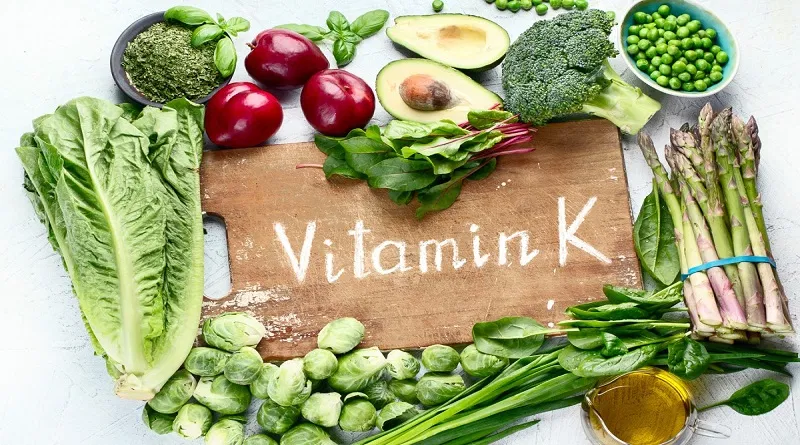A team of researchers has found that patients, who have been hospitalized or died with COVID-19, have a deficiency of a vitamin that is found in eggs, green leafy vegetables, and hard/blue cheese.
This finding raised hopes among researchers that dietary changes could be one of the solutions to overcome the COVID-19 problem.
The researchers have been studying patients admitted to the Canisius Wilhelmina Hospital, Nijmegen in the Netherlands. They have lauded the benefits of vitamin K after finding a possible association between the deficiency and the worst coronavirus clinical outcomes.
Coronavirus causes blood clotting, leading to the degradation of elastic fibers in the lungs. Vitamin K, an essential micronutrient ingested through food and absorbed in the GI tract, is key to the secretion of proteins that regulate blood clotting, offering protection against lung disease.
Researcher Dr. Rob Janssen said that keeping the preliminary findings in mind, he would encourage a healthy intake of vitamin K, except to patients who are on blood-thinning medicines, such as warfarin.
“We are in a terrible, horrible situation in the world,” Dr. Janssen said, “We do have an intervention which does not have any side effects, even less than a placebo. There is one major exception: people on anti-clotting medication. It is completely safe in other people.”
“My advice would be to take those vitamin K supplements,” he added. “Even if it does not help against severe Covid-19, it is good for your blood vessels, bones, and probably also for the lungs.”
Dr. Janssen added, “We have [vitamin] K1 and K2. K1 is in spinach, broccoli, green vegetables, blueberries, all types of fruit and vegetables. K2 is better absorbed by the body. It is in Dutch cheese, I have to say, and French cheese as well.”
He said a Japanese delicacy of fermented soya beans known as natto is particularly high in vitamin K2, which could be beneficial for COVID-19 patients.
“I have worked with a Japanese scientist in London and she said it was remarkable that in the regions in Japan where they eat a lot of natto, there is not a single person to die of COVID-19; so that is something to dive into, I would say,” he added.
Another researcher Jona Walk said, “We want to take very sick COVID-19 patients and randomize so that they get a placebo or vitamin K, which is very safe to use in the general population.” “We want to give vitamin K in a significantly high enough dose that we really will activate [the protein] that is so important for protecting the lungs, and check if it is safe,” Walk added.























